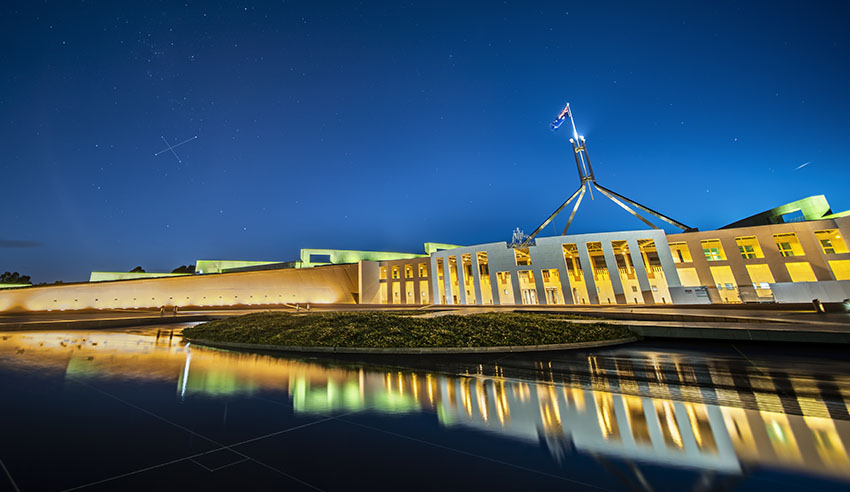The use of sanctions for serious violations of internationally recognised human rights and serious acts of corruption has in-principle support from the Law Council of Australia.

The human rights subcommittee of the joint standing committee on foreign affairs, defence and trade will examine whether Australia should pass legislation that imposes sanctions on human rights abuses.
The US passed the Sergei Magnitsky Accountability Act in 2012, which was expanded on in 2016. The US government has since imposed sanctions on 94 individuals, 102 entities and across 24 countries, including South Sudan, Uganda, Iraq and Cambodia.
In May, UK barrister Amal Clooney urged Australia to adopt laws that she said could lead the world in defending human rights: “At a time when authoritarian leaders are becoming more united, and innovative in finding ways to abuse human rights, surely governments that are defending human rights should do the same.”
Speaking at the hearings on Monday, 15 June, LCA president Pauline Wright called on the federal government to implement a human rights regime that would better combat human rights violations and serious instances of corruption.
Addressing serious human rights breaches and corruption must be achieved through legislation that is reasonable, necessary and proportionate to its objective, Ms Wright argued.
“The Law Council stresses that any decision to impose autonomous sanctions engages and may limit multiple human rights,” she said.
“The use of such power, which may be applied to individuals in the absence of a criminal conviction, must be designed and administered cautiously in a way that upholds human rights and the rule of law. There is great concern that the existing regime lacks significant safeguards.”
In its submission to the subcommittee, LCA proposed two ways to establish a thematic human rights regime: “by first, by amending the existing autonomous sanctions regime to explicitly extend to serious human rights violations and serious corruption; or alternatively, by pursuing separate standalone legislation”.
The advantage of this approach is that it “would be more visible, less explicitly linked to Australian [government] policy, and would target individuals more flexibly”, Ms Wright espoused.
“Australia’s use of sanctions to apply pressure on individuals responsible for serious violations of internationally recognised human rights and serious acts of corruption has the support, in principle from the Law Council,” she said.
“But autonomous sanctions are no substitute for criminal justice processes where these are available in practice and [need] consultation between and with relevant government departments. Therefore, there is merit in facilitating international cooperation to deal with these issues through Magnitsky-style legislation.”

Jerome Doraisamy is the managing editor of professional services (including Lawyers Weekly, HR Leader, Accountants Daily, and Accounting Times). He is also the author of The Wellness Doctrines book series, an admitted solicitor in New South Wales, and a board director of the Minds Count Foundation.
You can email Jerome at: